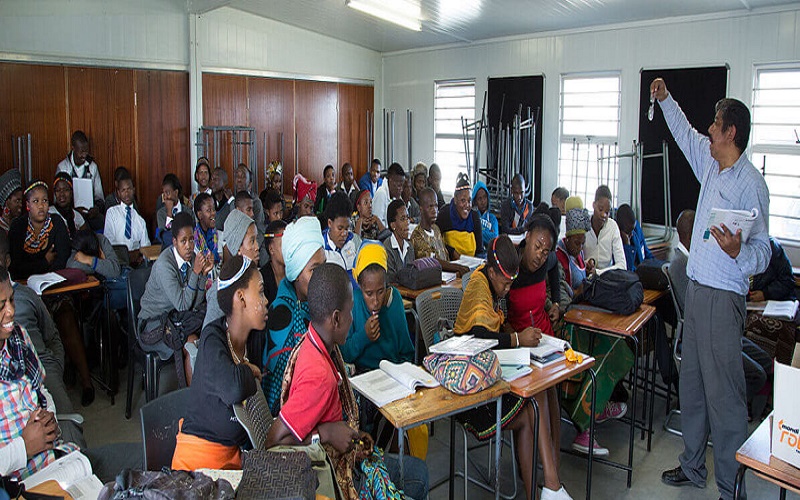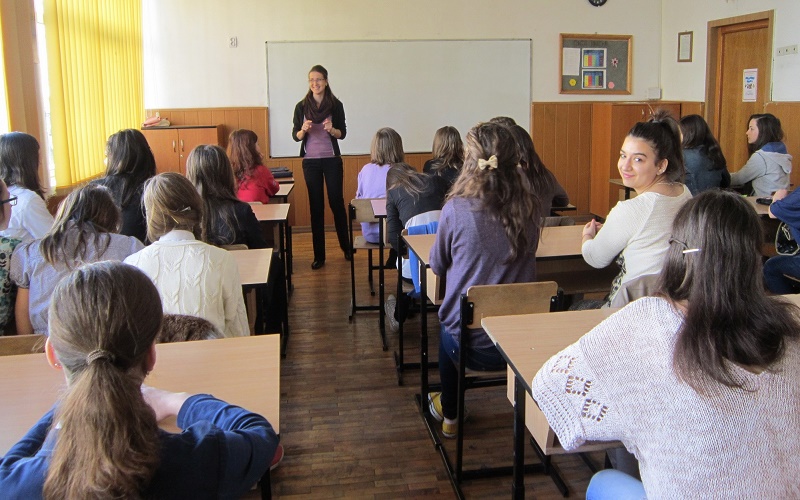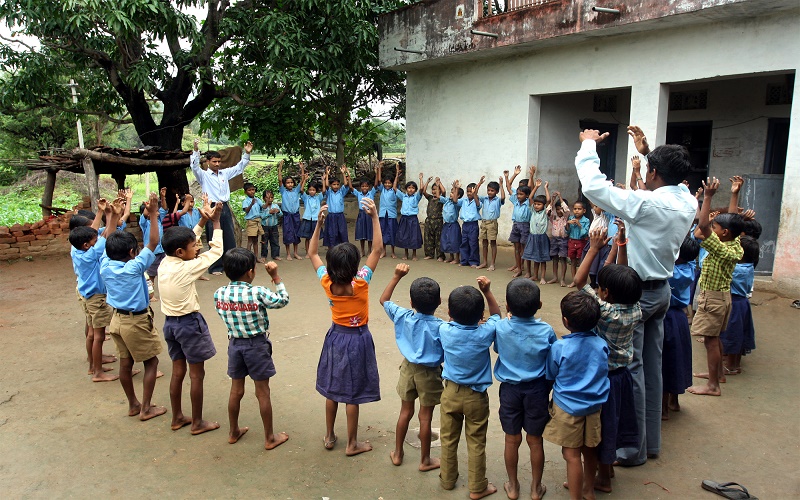Nicolas Nemirovsky is a university professor and one of the founders of Punto Techies. It is an enterprise that offers courses in formal education and technological knowledge for children from 6 to 16 years old. They seek, through different workshops, to generate interest in young people for new technologies and prepare them for the world that is coming.
From an approach not only educational but ludic approach the themes of life, physics, land, and space to a group of boys from Buenos Aires.
We talked with Nicolas about all these issues so that our children do not miss anything of the future. Or are they already losing it? Let’s see…

Who and when did you start the formal education and why?
My partner Gonzalo Lopez Escriva had the idea. He had the concern of wanting to send his children to a formal education course but there were no quotas for quite some time. He wondered at that moment why there was no other alternative to this because it is a good idea. How strange that nobody does it.
He, being an industrial engineer, did not have the know-how of formal education(or so he thinks). So, he looked for someone who could accompany him. This is how he arrives at my office and asks me how he feels about the project. At one point he asked me if I wanted to accompany him. This is how the project started because we had two legs: the most organizational leg and the technological leg or scientific knowledge.
All this happened a short time ago and in a short time. After few weeks, we started to put it together and we launched the advertising in January to start on February 1st. We have a fun dynamic, he always wants to go fast and I am slow. He advances and I want to stop, but we complement each other very well.
Why is technological knowledge important in children?
Today technology is everywhere. Before it was super important to be able to look at a map and geography became something fundamental. And just as kids learn geography, they should learn at the technical college.
The programming is in all the levels, in all the works. Today they told me about a law firm that for a lot of cases have a programming system that automatically prints the answers according to the specific litigation. It was all practically automated.
The reality is that technology permeates a lot of industry layers. Technology is no longer an industry, but the use of technology is a tool that serves multiple industries. It seems fundamental to learn it as a tool.
If I say robotics, biotechnology, programming, optics or electronics, they sound like super advanced things. And today really to be able to learn robotics not only you can not do it in school, but you can not do it in the faculty either.
Until you know what robotics is about, you can spend 6, 7, 8 years of formal education. And if you do not like, do you do? We seek that children can understand from a younger age what it is. Not because we are interested in everyone doing robotics but because we want children to have a notion of the easiest vocation. We want to lower the entry barrier for people to technology.
Is the school an outdated and retrograde environment in the field of new technologies?
I’m bad with generalizations. There are a lot of schools that do a good job on this subject. I do believe that formal education has an antiquated methodology that is more counterproductive in some new technologies than in others.
Sometimes the formality that the school has, both in the order of giving the concepts as well as from the point of view of how that knowledge is imparted (that is, a person in front of guys looking at the teacher) seems antiquated. The boys need to experience a lot of things.
What is the most important thing that children learn in their courses?

Computational thinking It is the ability to take a problem that is more complex and divide it into parts. For example, I have to make a robot turn around the table. That sounds like a difficult thing to do, but it can be divided into small parts. There are parts of the table that are straight, so I want the robot to go straight from one point to another. These are simple concepts from the programming.
So the boys are solving a complex situation for them in small, simple steps. Somehow, there is also a capacity for abstraction that is partly what the children generate in those ages.
How do you think technology will play in children who are now 10 years old?
The tools are becoming more complex which makes the work easier, but if you are going to want to compete you have to be able to handle those tools.
I think there is a myth that it is very difficult to learn certain things and my opinion is that there are very few really difficult things, what is difficult is having the motivation to do them.
What are your plans for the short term?
There are two edges: one has to do with being able to offer courses in other areas of Buenos Aires. We note that there are many people interested in this proposal. Another is to increase the amplitude of the proposal.
We focus today on robotics for kids, but we’re going to start adding more themes. As for the learning, it can not be if the playful part is not before.
What questions do parents usually ask?
Beyond the questions of formal education, what strikes me is: “what are the requirements?“. I never quite know what they think may be necessary. For us, the only real requirement is to be willing to learn about educational systems.










